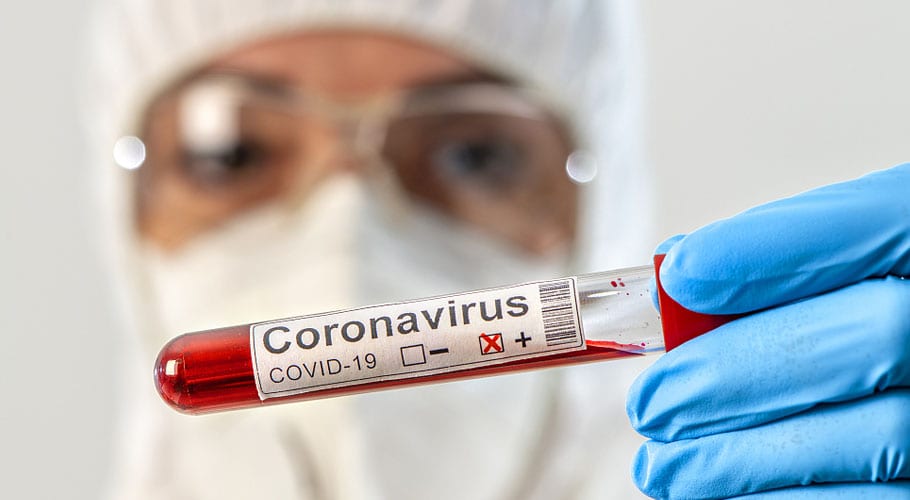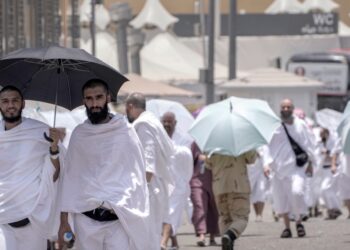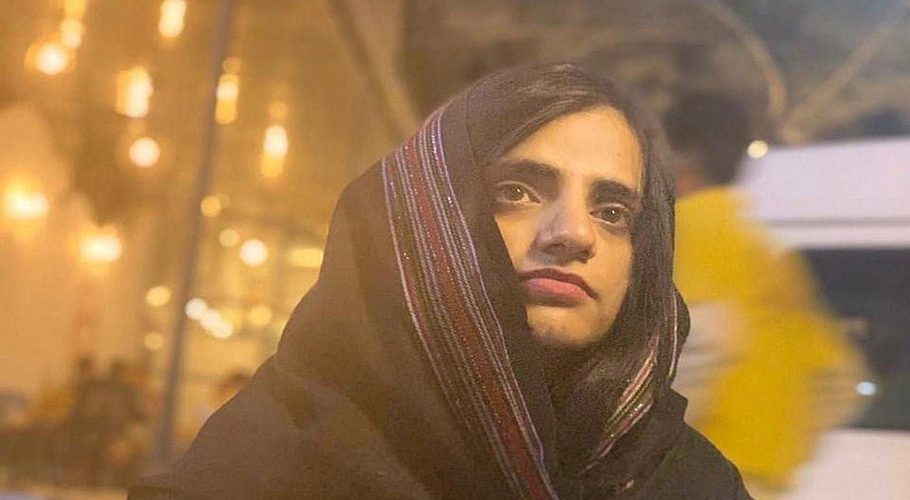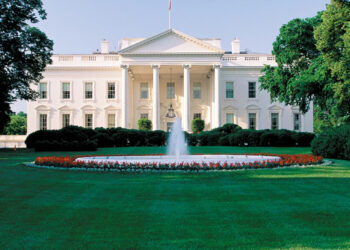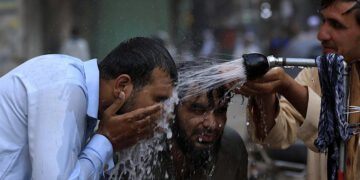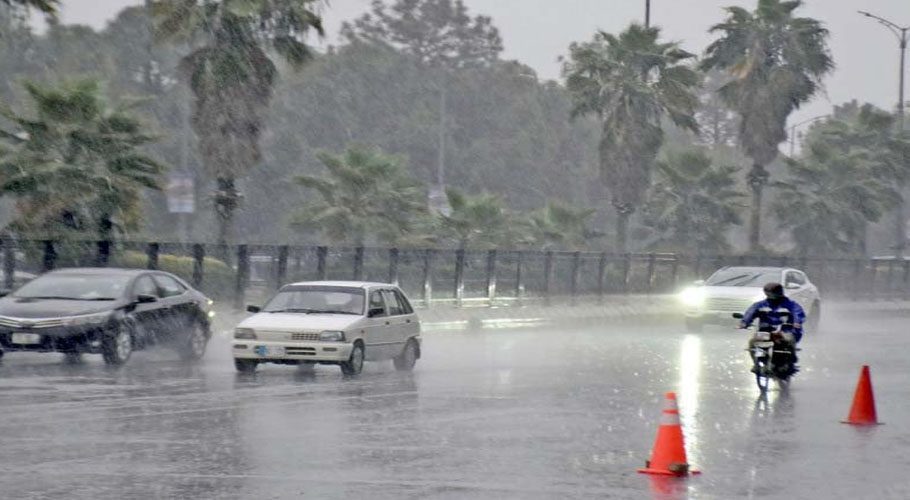![]() Follow Us on Google News
Follow Us on Google News
BOSTON: Two new studies on monkeys have proposed that humans can develop protective immunity to COVID-19.
The studies published looked at a prototype vaccine and whether infection with SARS-CoV-2 provides immunity against re-exposure. Both questions are critical as researchers tackle the virus, which has infected nearly five million people around the world and caused more than 325,000 deaths.
The studies were carried out on rhesus macaque monkeys to see whether they develop protective virus immunity from natural infection or from a vaccine.
“The global COVID-19 pandemic has made the development of a vaccine a top biomedical priority, but very little is currently known about protective immunity to the SARS-CoV-2 virus,” said senior author Dan Barouch, director of the Center for Virology and Vaccine Research at Beth Israel Deaconess Medical Centre.
“In these two studies, we demonstrate in rhesus macaques that prototype vaccines protected against SARS-CoV-2 infection and that SARS-CoV-2 infection protected against re-exposure,” Barouch said.
To test their immunity, they were exposed to SARS-CoV-2 again 35 days later for what is called a ‘re-challenge’, and they showed few to no symptoms.
The authors of the study cautioned that further research will be needed because of the “important differences” between SARS-CoV-2 infection in monkeys and humans.
The second study, involving many of the same researchers and led by Jingyou Yu, involved vaccinating 35 adult macaques with DNA vaccine candidates designed to generate protective antibodies.
They were exposed to the coronavirus six weeks later and had developed levels of antibodies in the blood sufficient to neutralize it, the study found.
Read more: Chinese scientists develop new drug to stop coronavirus without vaccine







